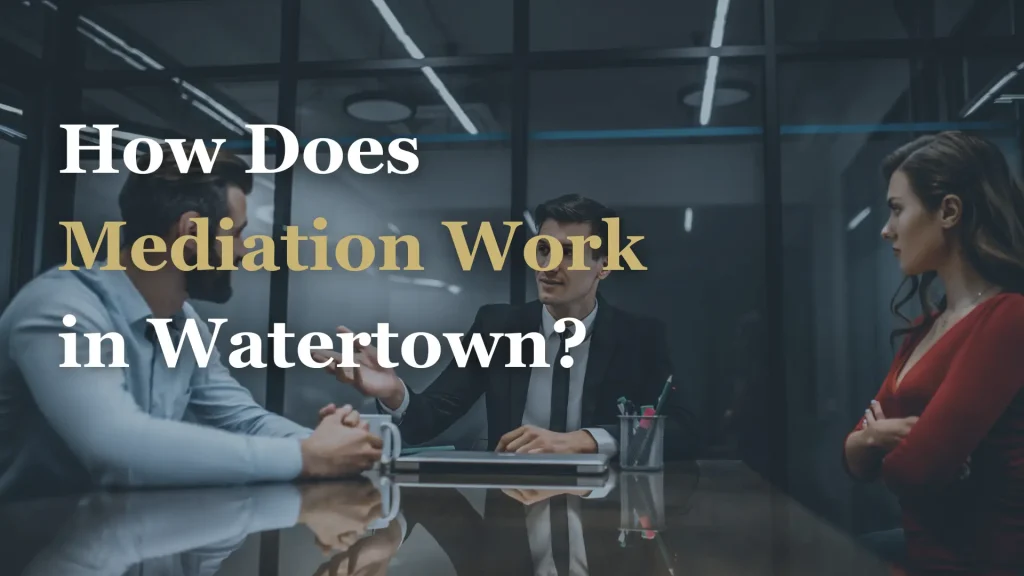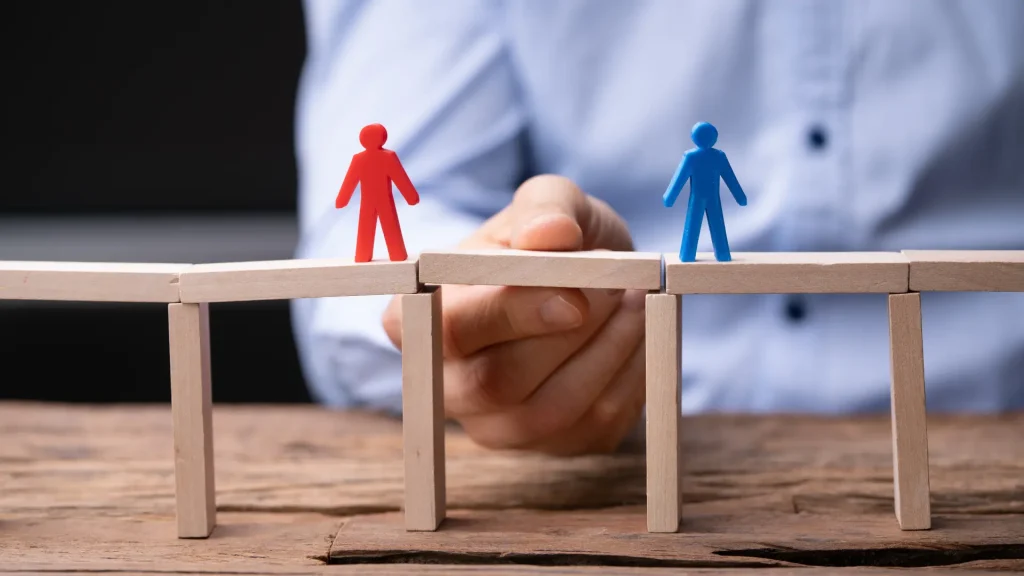
If you’re pursuing a personal injury lawsuit in South Dakota, you may encounter mediation as part of the process. Mediation is a form of alternative dispute resolution where a neutral third party, known as the mediator, assists the parties involved in resolving disputes outside the courtroom. How does mediation work? Understanding how mediation works can help you prepare for this crucial step and increase the likelihood of achieving a favorable settlement agreement.
The Basics: How Mediation Works
Mediation typically involves structured discussions between the injured party, the defendant, and their legal representatives. The goal is to reach an agreement that satisfies both sides without needing a trial before a judge or jury. Unlike a trial, mediation is confidential, which means discussions and offers made during the mediation session cannot be disclosed in court.
During mediation, the mediator plays a crucial role. They facilitate communication, ensure the ground rules are followed, and help identify potential solutions. However, it’s important to note that the mediator does not have the authority to impose a decision. Instead, their role is to assist the parties in negotiating an outcome that resolves the dispute amicably. They do this by encouraging open and honest communication, helping each party understand the other’s perspective, and guiding the negotiation process.
Steps in the Mediation Process
Each mediation session is different, but there are some common elements.
- Preparing for Personal Injury Mediation: Preparation is key to a successful mediation. Both parties should gather relevant evidence, documents, and information about the personal injury lawsuit. Your attorney will help you assess the strength of your case, calculate damages, and determine the range of average settlement offers during mediation. Understanding the issues and your goals will provide a strong foundation for negotiation.
- Opening Statements: The mediation session often begins with the mediator’s opening statement, explaining the purpose of mediation, the ground rules, and the process. Each party may also present their perspective, outlining their points of view and what they hope to achieve.
- Joint Session: In the initial joint session, all parties discuss the issues involved. This session allows for an open exchange of ideas and helps clarify each party’s position. The mediator facilitates this discussion to ensure it remains productive and focused on resolving disputes.
- Private Caucuses: After the joint session, the mediator may separate the parties into private caucuses. These private meetings allow each party to discuss their concerns and potential solutions confidentially with the mediator. The mediator then shuttles between the parties, relaying offers and counteroffers.
- Negotiation and Settlement Agreement: Through discussions and compromises, the parties work toward reaching a settlement agreement. If the parties agree on terms, the mediator drafts the agreement, which becomes a binding contract once signed. If no agreement is reached, the case may proceed to trial.
Benefits of Mediation in Injury Cases
Mediation offers several advantages over going to trial for injury claims:
- Cost-Effective: Mediation is often less expensive than a trial, saving money on court fees and prolonged legal expenses.
- Time-Saving: While trials can take months or even years to conclude, a mediation session may last just a few hours or a full day.
- Confidentiality: The mediation process protects sensitive information from becoming public.
- Control: Mediation empowers the parties involved, allowing them to maintain control over the outcome rather than leaving it in the hands of a judge or jury. This sense of control can be reassuring and comforting during what can be a stressful process.
- Flexibility: The process encourages creative solutions that address the unique needs of each party.
Mediation vs. Trial for Injury Claims
Choosing mediation over a trial has distinct differences that can influence the outcome of a personal injury lawsuit. A trial is adversarial, with each side presenting evidence and arguments for a judge or jury to decide the case. In contrast, mediation fosters collaboration, where both sides work together to resolve disputes.
Trials are also unpredictable. Even with strong evidence, the outcome is ultimately decided by a judge or jury, which can introduce uncertainty. In contrast, mediation offers more predictability as the parties agree to the terms themselves, providing a sense of security.
Tips for Success: Preparing for Personal Injury Mediation
 You’ll have a better mediation experience if you take some steps to help yourself.
You’ll have a better mediation experience if you take some steps to help yourself.
- Understand Your Case: Work with Turbak Law Office, P.C. to review your case’s strengths and weaknesses. Be prepared to articulate your position clearly.
- Set Realistic Expectations: Research the average settlement offers during mediation for similar cases. This will help you set realistic goals for what you hope to achieve. Turbak Law Office, P.C. can provide guidance on what these average settlement offers might be based on the specifics of your case, such as the severity of your injuries, the extent of the other party’s liability, and the potential for future medical expenses or lost wages.
- Stay Open-Minded: Mediation requires compromise. Be open to considering the other party’s points of view and potential solutions.
- Communicate Effectively: Listen actively during the mediation session and articulate your concerns respectfully. Clear communication can help build trust and facilitate resolution.
- Rely on Your Attorney: Turbak Law Office, P.C. is your advocate and guide during mediation. Lean on our expertise to navigate the process and achieve the best possible outcome.
What to Expect During Mediation
Mediation sessions can vary in length depending on the issues’ complexity. Some sessions may be resolved in a few hours, while others may require a full day or multiple sessions. Regardless of the time frame, the goal remains to reach an agreement that satisfies all parties.
The mediator’s role is to remain impartial and ensure that discussions remain productive. By fostering an environment of respect and collaboration, the mediator helps both parties identify common ground and move toward a resolution.
Why Mediation Is Confidential
One of mediation’s key features is confidentiality. Any statements, admissions, or offers made during the mediation process cannot be used as evidence in court. This confidentiality encourages open dialogue and honest negotiation, providing a safe space for parties to discuss potential solutions without fear of repercussions.
Let Turbak Law Office, P.C. Guide You Through the Mediation Process
Mediation is a powerful tool for resolving disputes in personal injury lawsuits. Understanding mediation and preparing effectively can increase your chances of achieving a favorable settlement agreement.
If you need to file a personal injury lawsuit in South Dakota, the experienced Watertown personal injury attorneys at Turbak Law Office, P.C. can guide you through the mediation process. Our legal team has the legal knowledge and a proven record of success in taking your case. Contact us online or call our law firm today at 605-886-8361 to learn how we can assist the parties involved in your case and help you resolve disputes efficiently.
Related Posts
How Are Personal Injury Damages Determined?
Insurance Companies Refusing to Pay Claims. Can I Take Legal Action?